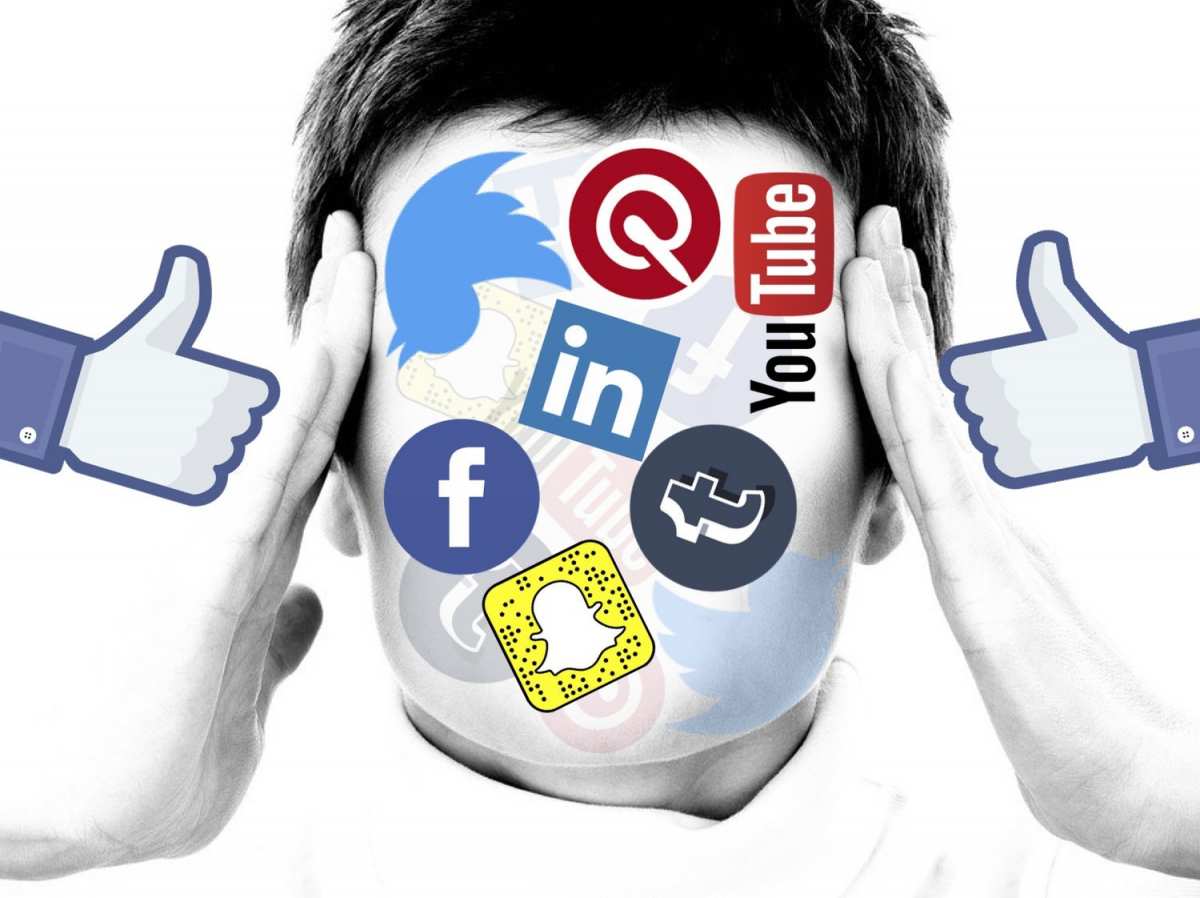
For most of us, social media has become integral to our lives. We browse multiple social media accounts daily. We tweet our thoughts, ‘snap’ our lunch, watch a YouTube video about funny cats or ‘double-tap’ our favourite pics on Instagram. For some, it is a casual glance when they have a few minutes to spare, For others, it is their most time consuming activity – almost an addiction, and a source of mental ill-health say some experts.
A UK study on the effects of heavy social media use on 1,500 young people between 14 and 24 years says Instagram is a potential source of mental anguish and depression. The results showed that social media – Instagram being the worst offender – affected users’ sleep, body image and ‘Fomo’ – the fear of missing out on what others are enjoying. The angst Instagram users experience stems from what the researchers say is the platform’s knack for being ‘too perfect.’
Instagram is a photo/video sharing social media platform that has become a popular choice for young people, even in Jamaica. It is where people show their followers their ‘best life ever’. As we scroll through pictures of our friends’ ‘picture perfect’ life, we are left only to live vicariously, and for some enviously.
Social media exerts a strong influence on our perceptions of beauty, our life goals, aspirations and what we consider important. “You also don’t really have control over what you’re seeing. And you quite often see images that claim to be showing you reality, yet aren’t,” says one researcher.

Does this mean we are powerless to control how social media affects us – especially if one is young and impressionable/vulnerable? “…when we take big scientific studies and put it up to the rigour of science, those relationships [between social media and mental health] don't ring true,” says Bridianne O’Dea, Research Fellow at Black Dog Institute.
“Seeing images on Instagram or anywhere else online that promote a false sense of reality may have negative effects on mental health, but the connection is very small.” O’Dea notes that the relationship is weak between the time people spend on social media and how happy, how sad or anxious they are. “In actual fact, there are other more important factors to your mental health than whether or not you use social media,” says O’Dea. The researchers found that strong family and social bonds can protect at-risk youth from the potential negative effects of social media saying.
The Internet does offer the possibility of meaningful social interactions. The danger comes when users are constantly connected and mostly involved in superficial interactions and the quest for ‘likes’ as a means of personal validation and fulfilment. This diminishes deep thinking, creativity and empathy. Jamaican parents must be vigilant about their children’s internet usage and teenagers especially must be made aware that what persons present on social media is not always the full truth but rather a more perfect part of it.
